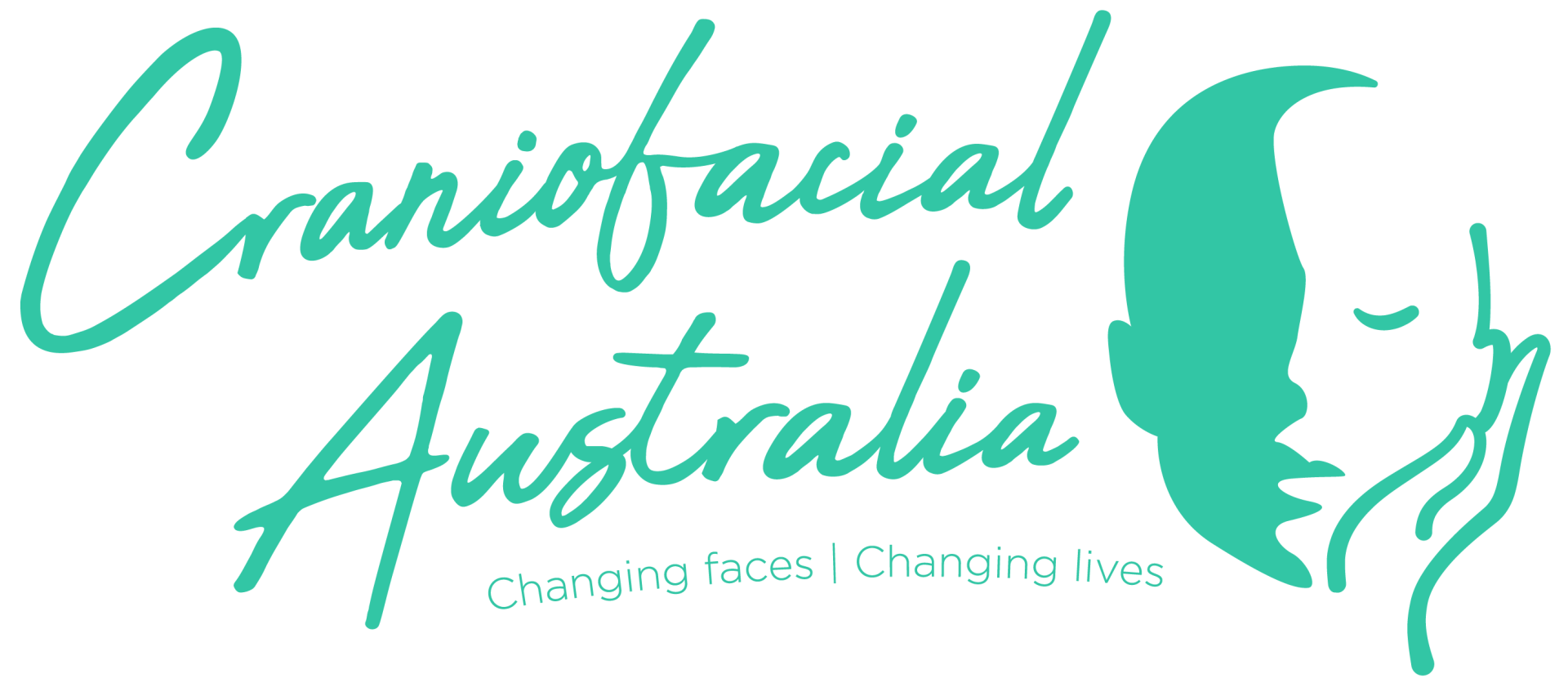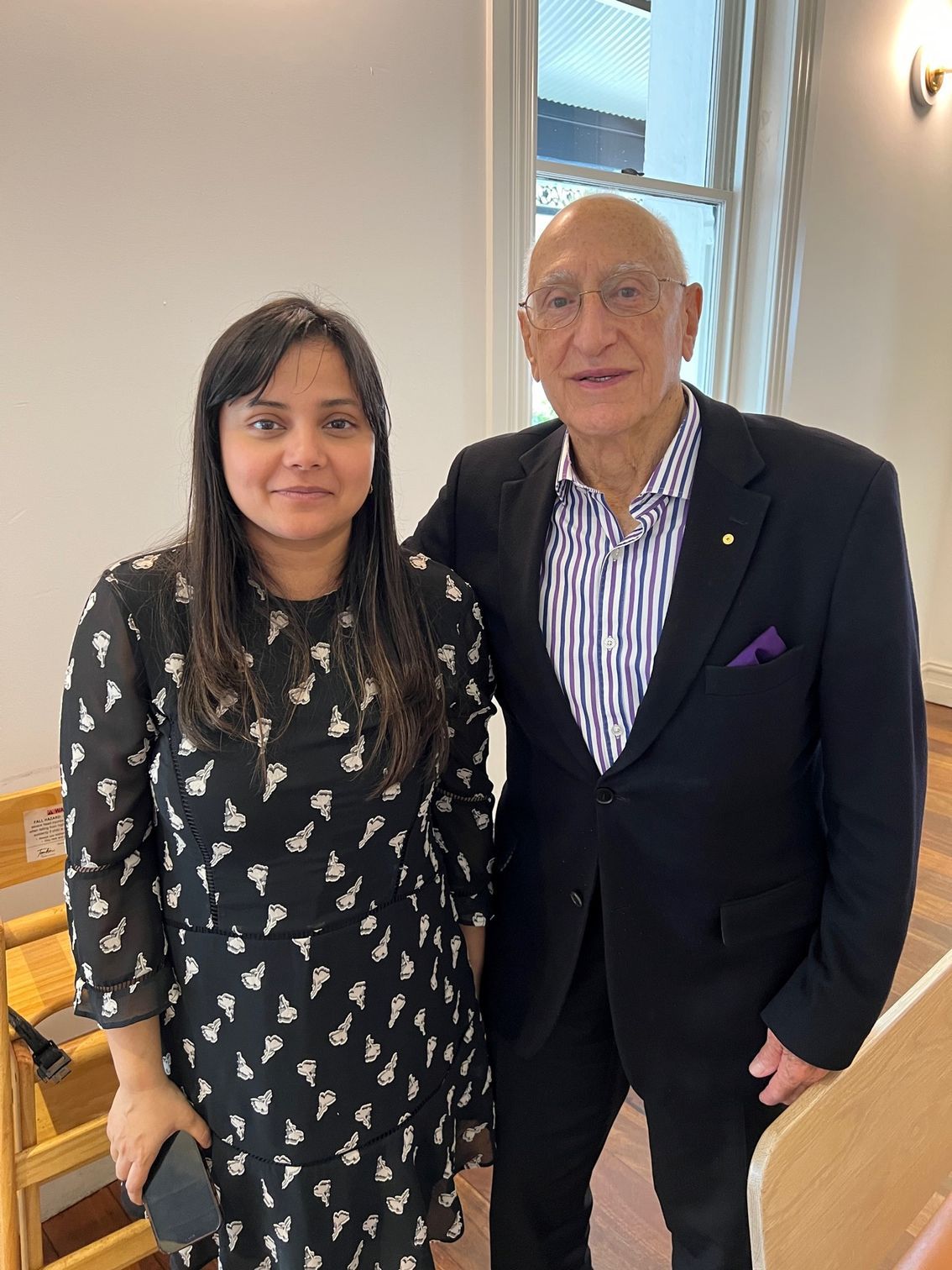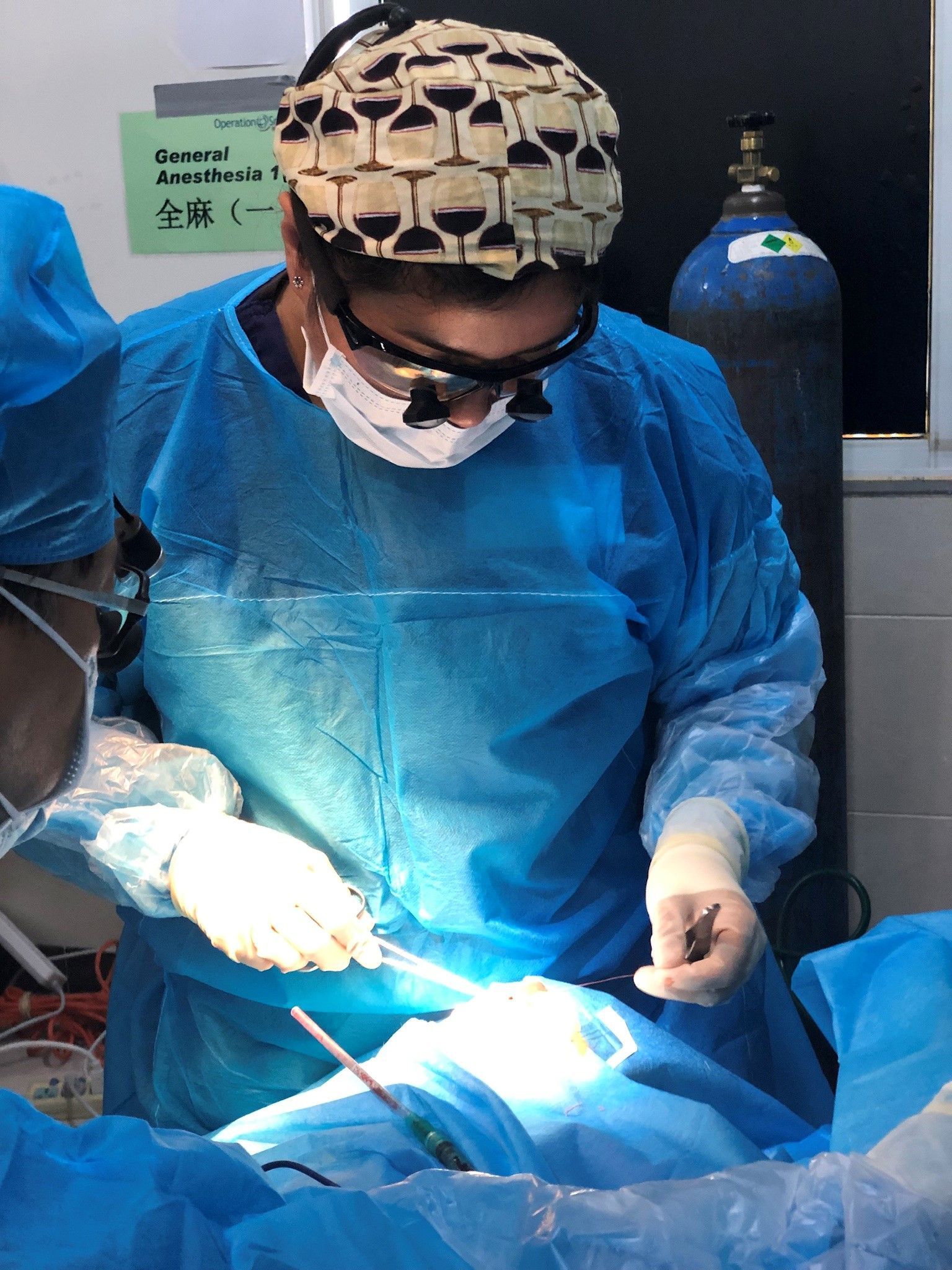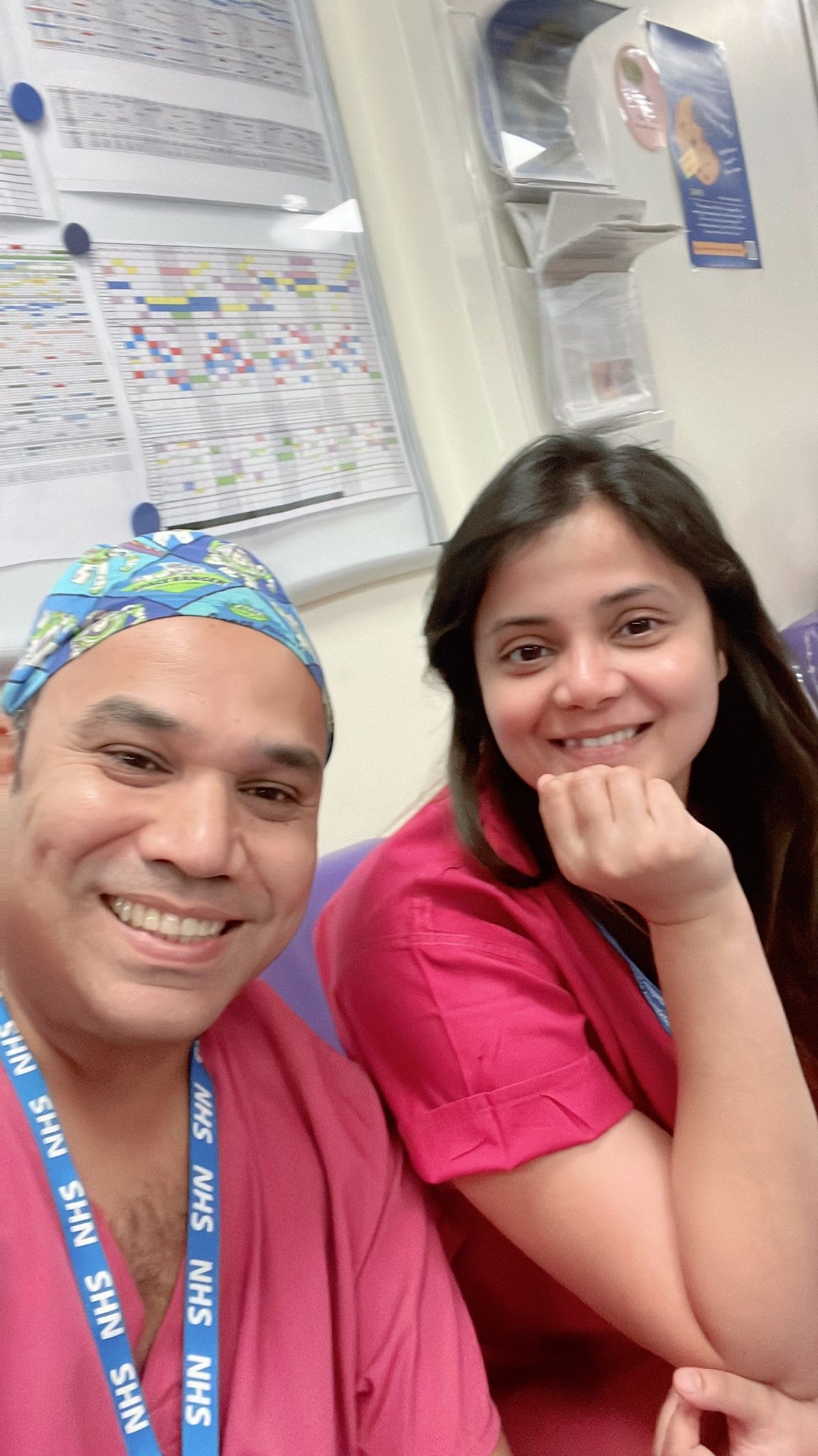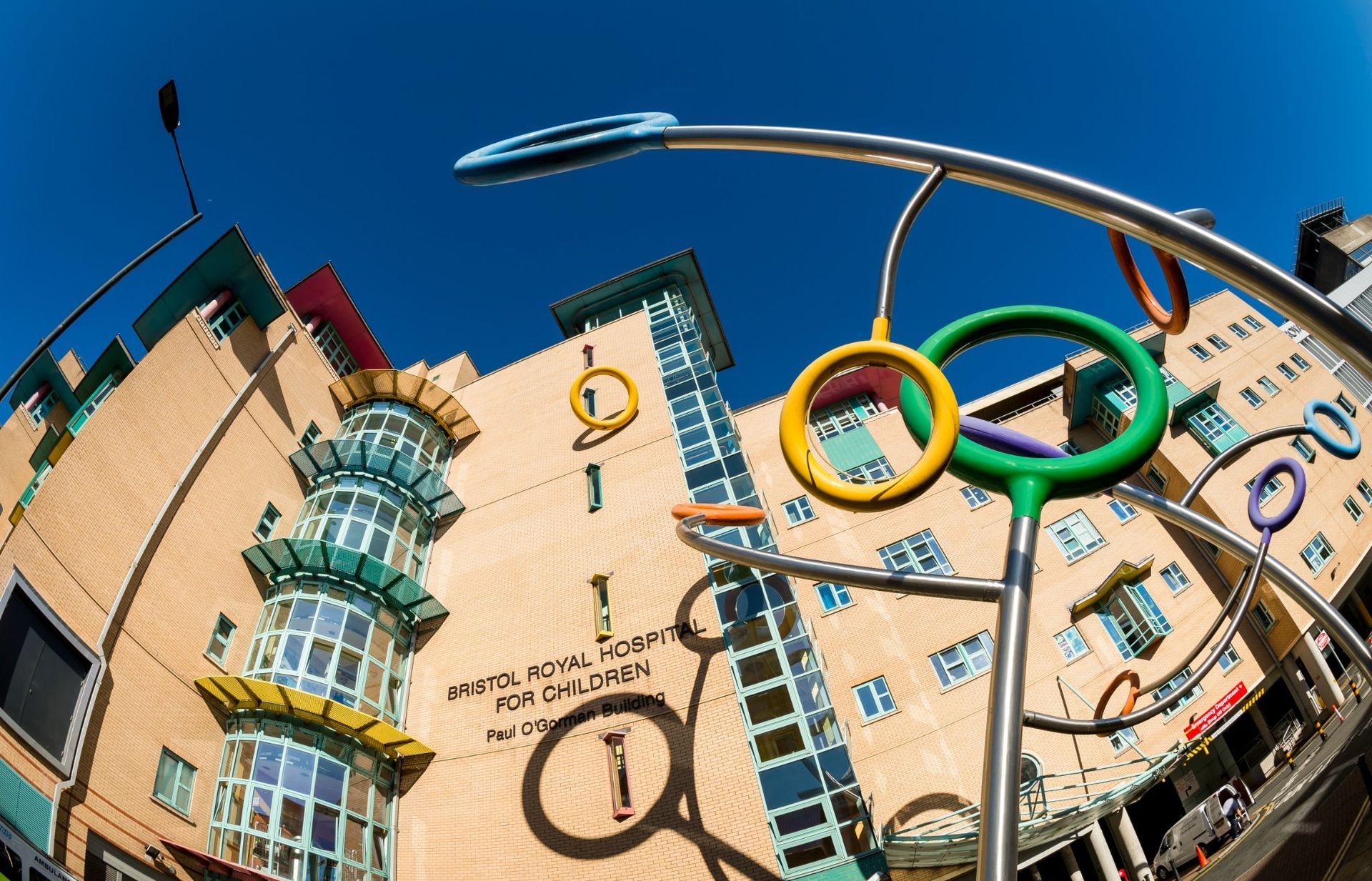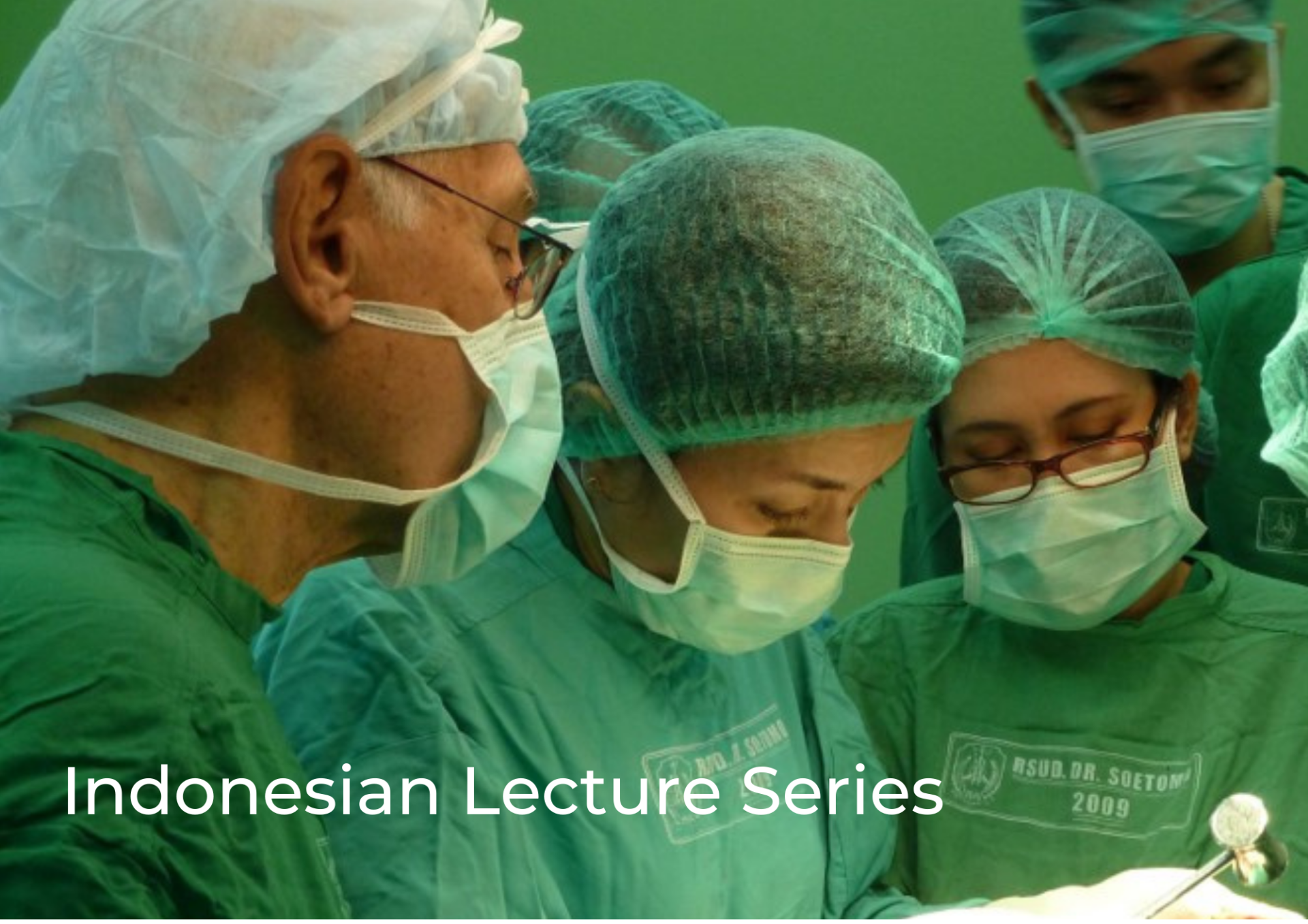Bristol Cleft Fellowship
For over 40 years, Craniofacial Australia is committed to transforming lives by providing care and support for patients, educating surgeons of the future and investing in research for a brighter future.
In addition to the Indonesian Lecture Series, Craniofacial Australia offers a Fellowship with the
Bristol Cleft Collective. Funded by Craniofacial Australia thanks to the generosity of our donors, this gives doctors the opportunity to receive specialised training at South West Cleft Services Bristol (UK), in the complete range of cleft lip and palate surgery.
We are currently accepting applications for the Bristol Cleft Fellowship
Project Overview
The Fellowship provides hands-on training in all aspects of cleft care, ranging from the management of cleft lip and palate, speech surgery, alveolar bone graft, orthognathic surgery, rhinoplasty and other soft tissue procedures.
During the Fellowship, important research is also undertaken in conjunction with the Cleft Collective, investigating:
- Syndromes associated with Pierre Robin sequence
- The use of perioperative antibiotics at the time of cleft palate repair in relation to the rate of postoperative fistula development.
- Validating preoperative cleft palate measurements from the Surgical Form
Apply Now: Bristol Cleft Fellowship info@acmff.org.au for a copy of the Position Description.
Update:
Previous recipient of the Bristol Cleft Fellowship, Dr Nitisha Narayan, is paving the way with a number of exciting research projects using data from The Cleft Collective, one of the largest Cleft Lip and Palate research programs in the world.
Dr Narayan has been appointed as Consultant Cleft Surgeon at Bristol Royal Children’s Hospital, commencing December 2024.
“I am grateful to have been given the opportunity to work with the Cleft Collective as part of the fellowship with Craniofacial Australia"
This year, Dr Narayan submitted 2 research papers for publication, including:
Is Cleft Lip repair in older children associated with higher complication rates? A post-pandemic review.
Currently under peer review by Journal of Plastic, Reconstructive and Aesthetic Surgery.
This research study compared children undergoing cleft lip repair before and during the Covid-19 pandemic. Healthcare restrictions during the pandemic significantly delayed the surgical repair of the cleft lip, meaning that as the children were much more mobile, over 20% injured the repaired lip – requiring hospital treatment and several need revision of the lip scar in the future.
Antibiotic prophylaxis for the prevention of fistula in Cleft Palate repair. A quality improvement study
Infection following cleft palate repair can lead to wound breakdown and a fistula between the oral cavity and the nose. To prevent this, many surgeons advocate the use of antibiotics. However these are not without risks. The study compared different antibiotic regimes used in cleft palate surgery and found that a single dose of antibiotic given at the time of surgery was as effective as a prolonged post-operative course of antibiotics, in reducing the rate of fistula formation.
The objective was to assess fistula rates and whether the provision of antibiotics postoperatively affected the incidence of oronasal fistula formation in patients with cleft palate.
There was no evidence to suggest a difference in the fistula rate between the different timings of antibiotic regimen in Cycle 1; on induction + two intravenous doses (Group A) P=0.807 and 7 days postoperatively (Group B) P=0.820. Also, in cycle 2 there was no difference in fistula rates between the two groups; P = 0.546 for Group A and P= 0.571 for Group B.
The study suggests that use of antibiotics postoperatively does not influence the formation of postoperative fistulae in cleft palate. This calls for a national randomised controlled study to answer this research question and achieve standardisation of practice.
2023 Bristol Cleft Fellow Dr Nitisha Naryan - Testimonial:
"I have been very fortunate to be appointed as a Fellow in Cleft Lip and Palate surgery with Southwest Cleft service at Bristol UK and the Cleft Collective with the support of Craniofacial Australia. I have had an incredible overall experience in the unit and made some good friends along the way.
The surgical experience consisted of very useful hands-on experience repairing clefts on the lip and palate, speech surgery, alveolar bone grafts, jaw surgery and cleft rhinoplasty. This has given me a lot of confidence in preparing for my career in cleft surgery. The clinical work consisted of going to multi-disciplinary clinics, speech investigation clinics, alveolar bone graft planning and orthognathic clinics and operating theatre activity three times a week. The southwest is a massive region and I was grateful to be involved in a wide variety of complex clinical scenarios.
The team is friendly, and I felt very welcome and comfortable approaching them with any doubts or questions. I was grateful to have been part of the Cleft Collective, the largest cohort of children and families associated with cleft. I have presented my research projects at several scientific meetings, both national and international and received excellent feedback. I’m in the process of consolidating my research projects and writing them up for at least 4 publications.
Finally, Bristol is a fascinating city, teeming with art and culture, amazing food and super interesting people! I am incredibly grateful to Craniofacial Australia for this opportunity and would like to thank all the generous donors for supporting this charity".
